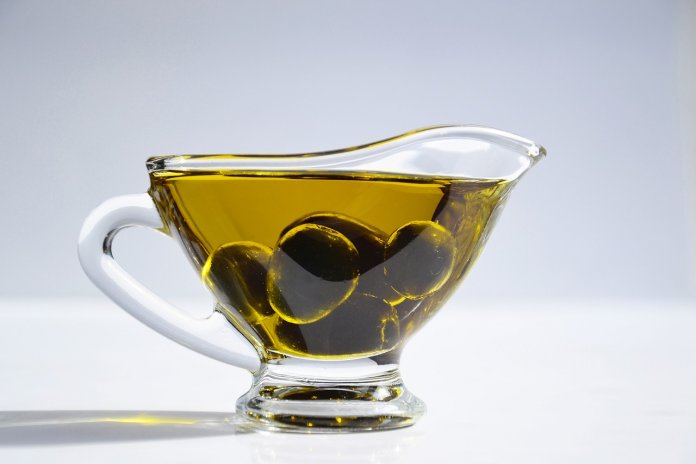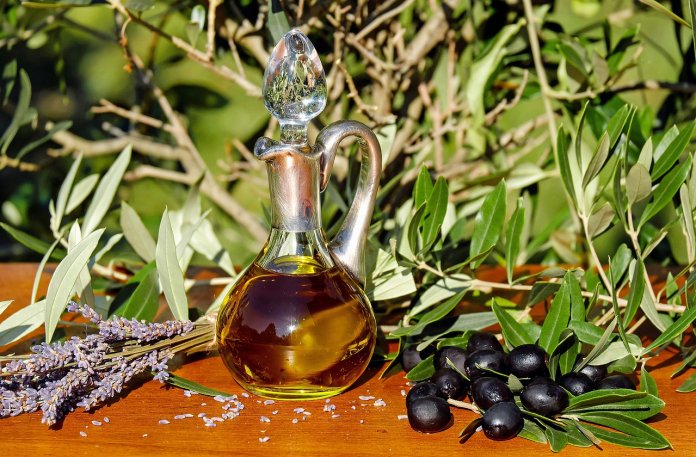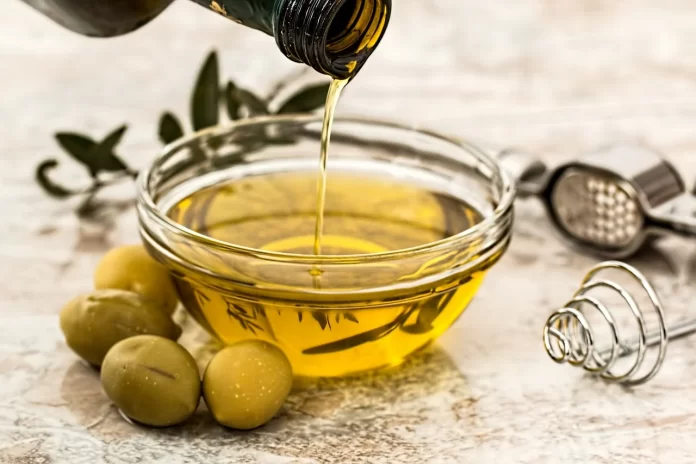For years now, nutritionists have been telling us that the more highly polyunsaturated fats are better for our health. This put olive oil a monounsaturated fat way down the list. Research has now confirmed what Mediterranean people always knew that olive oil is a marvelous food medicine.
Here is the story polyunsaturated fats can combine in the body with oxygen to form peroxides otherwise known as free radicals. The more unsaturated the fat, the more free radicals may be created. And these unstable compounds are highly destructive: they can seriously damage cell membranes, and even denature DNA.
The process of peroxidation which turns fats rancid can be kept at bay by substances known as antioxidants. One of the most powerful is vitamin E, of which just one milligram will protect up to 1000 mg of polyunsaturated fats.
This oil, as it happens, is abundantly supplied with the most active alpha form of this vitamin. It contains 3 mg of vitamin E for every 1000 mg of polyunsaturated fatty acid, as well as other substances with similar antioxidant properties.
Thus, it actually has an antioxidant activity to spare, and generous amounts of the best quality that can be consumed without risk in fact Cretan peasants quite often breakfast off a chunk of bread and half a tumbler of olive oil. The antioxidant value of olive oil would be enough in itself to account for the protective effect on the heart of the Mediterranean diet.

But intensive research in Italy is uncovering other therapeutic substances in olive oil. In her book The Food Pharmacy, Jean Carper tells of research at Milan University into a number of the active chemical compounds in olive oil. According to Dr. Bruno Berra, who leads the research team, many of these can help counteract a high-fat/high-cholesterol diet.
Cycloarthanol, for instance, neutralizes cholesterol during the absorption cycle. Two recent studies have shown that on diets rich in olive oil, volunteers had marked falls in their blood cholesterol. Blood cholesterol levels, however, are now being seen as much less significant for potential heart problems than the quantity in the blood of beneficial HDLs or high-density lipoproteins, the tiny fat-plus-protein globules that scour excess cholesterol out of the bloodstream and into the liver.
Regular olive-oil eaters have more of these which may explain the heart-protective effect of the Mediterranean diet. In traditional folk medicine, olive oil has always been recommended for liver issues. One course prescribes a spoonful taken first thing in the morning, to which a little lemon juice may be added.
Recent research has shown that while all fats stimulate the gall bladder to secrete bile which emulsifies fats for digestion – the bile-promoting effect of olive oil is both more intense and longer lasting. This explains why a digestibility rating of 100 was set up by the US Food and Drug Administration. Olive oil scored full marks, sunflower oil came much lower at 83, groundnut oil at 81, and corn oil rated only 36.

Olive oil is also more efficiently absorbed – up to 96 percent. And it also promotes intestinal peristalsis – those rhythmic squeezing movements which carry food down its long journey through the body. For all these reasons, this marvelous God’s gift product is the friend of the liverish, the dyspeptic, and the ulcer victim. If you can possibly afford it, always choose extra-virgin olive oil.
In this mechanically-produced oil, untainted by chemicals, the vital antioxidants are preserved to give the oil maximum biological value. Because of this high antioxidant factor, olive oil is now considered to have a protective effect against other maladies. In which free Radical activity is implicated: among them cancer, arthritis, premature senility, and cardiovascular disease.







